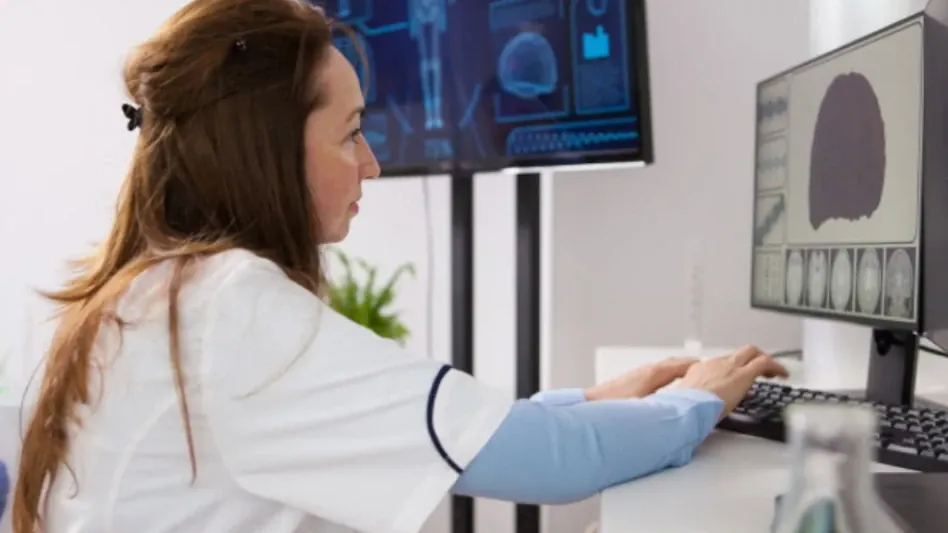In a groundbreaking move to ensure patient safety and device efficacy, the FDA has recently issued comprehensive guidance on the lifecycle management of AI-enabled medical devices, emphasizing the importance of proactive monitoring and long-term performance management. This directive addresses the unique challenges posed by AI technologies in clinical settings and ensures that the devices continue to operate effectively and safely over time.
Recommendations for Manufacturers
The FDA’s new guidance places significant responsibility on manufacturers to monitor the postmarket performance of their AI-enabled devices. The recommendation calls for comprehensive postmarket performance monitoring and risk management plans, focusing on continuous oversight to address any changes in device performance influenced by real-world data variations. By submitting these plans during the premarket phase, manufacturers can help minimize the risks of recalls and support the FDA’s ongoing risk evaluation processes.
Continuous Monitoring and Risk Management
One of the core themes highlighted by the FDA is the critical need for vigilant and continuous monitoring of AI-enabled devices after market approval. Unlike traditional medical devices, AI models are more susceptible to performance changes due to real-world data influences. Therefore, manufacturers should incorporate long-term performance plans in their premarket submissions. These plans should include proactive risk analysis, continuous performance tracking, and mandatory reporting of any adverse events and malfunctions to ensure that patient safety remains the top priority.
Adapting to Real-World Variations
The FDA’s guidance acknowledges that premarket testing of AI-enabled medical devices cannot fully encompass all the variables present in real-world environments. Therefore, the guidance emphasizes the importance of postmarket monitoring to capture performance changes and address them before they impact patient care adversely. The proactive approach promoted by the FDA encourages manufacturers to foresee potential performance issues and take corrective actions promptly, thus ensuring the devices’ reliability and effectiveness in diverse clinical settings.
Ensuring Patient Safety
A consistent consensus among regulatory experts is the prioritization of patient safety through meticulous oversight of AI-enabled medical devices. The FDA’s stance represents a significant shift towards continuous, real-world performance monitoring to address the dynamic nature of AI technology. By developing robust postmarket monitoring plans, manufacturers can contribute to maintaining the high standards required for patient safety and device efficacy.
Implications for the Future
The FDA’s draft guidance on AI-enabled medical devices sets clear expectations for manufacturers, outlining the need for extensive postmarket performance monitoring and rigorous risk management plans. This regulatory shift aims to mitigate risks associated with performance changes in real-world settings, driven by factors like patient population shifts and data input variations. Manufacturers are encouraged to include these plans in their premarket submissions, thereby aiding in minimizing recall incidents and ensuring continuous regulatory oversight.
Forward-Thinking Strategy
In a groundbreaking initiative to bolster patient safety and validate the efficacy of medical devices enhanced by artificial intelligence, the FDA has recently provided detailed guidelines for the lifecycle management of these AI-driven medical tools. Central to this guidance is the reinforcement of proactive monitoring practices and the ongoing management of the long-term performance of AI-enabled devices. The FDA’s directive specifically tackles the distinctive challenges that AI technologies present within clinical environments, ensuring that these advanced devices maintain their effectiveness and safety well into the future. By implementing such measures, the FDA aims to fortify the trust and reliability in AI-powered medical solutions, which are increasingly becoming integral to modern healthcare. This forward-thinking approach signifies a pivotal step in merging cutting-edge technology with essential healthcare protocols, aiming to safeguard patient health while paving the way for innovative medical advancements.









